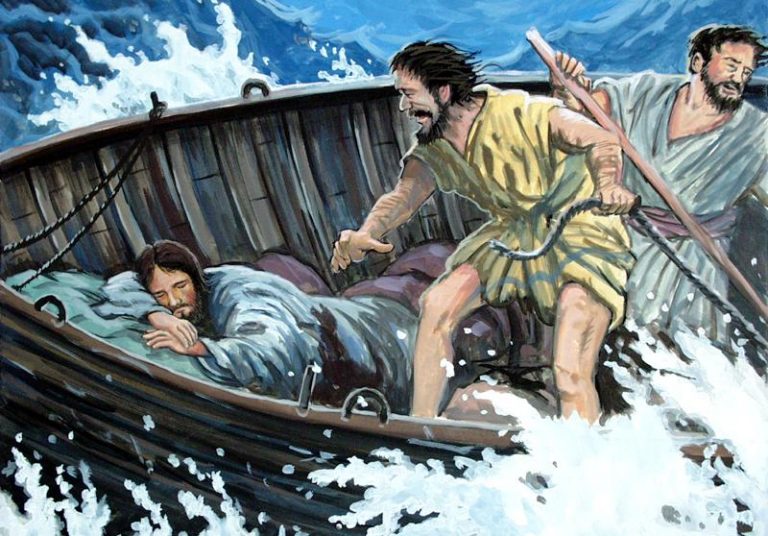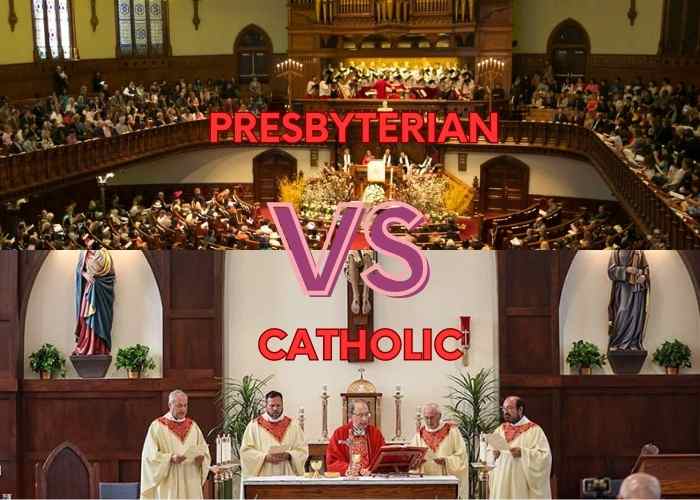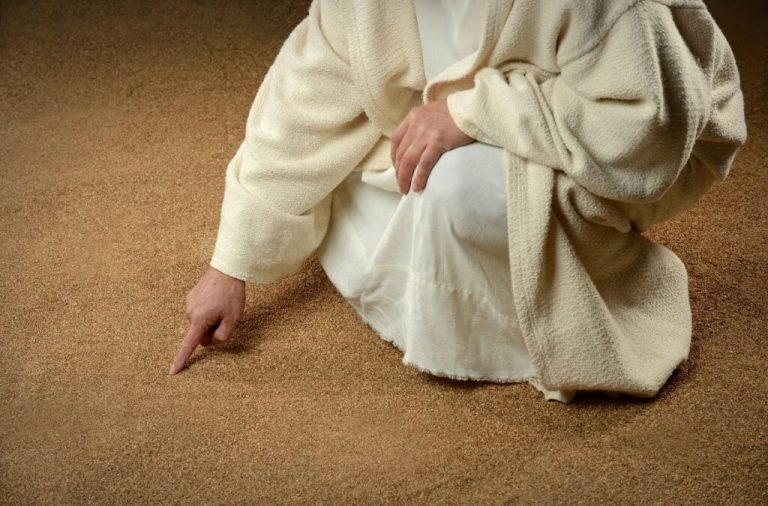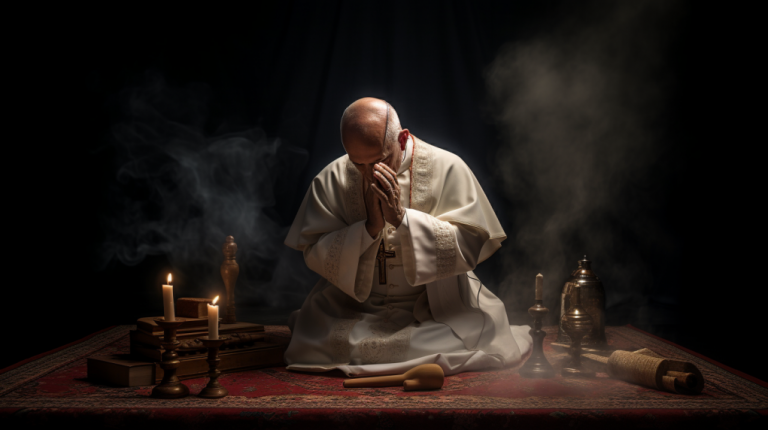Orthodox vs Protestant: What Are the Key Differences?
Orthodox and Protestant Christianity are two of the most prominent branches of Christianity in the world. While they share some similarities, they also have some significant differences in their beliefs, worship practices, leadership structures, interpretation and use of the Holy Scriptures, and use of sacraments.
Understanding these differences is essential for anyone who wants to gain a deeper understanding of Christianity and its various branches.
In this article, we will explore the differences between Orthodox and Protestant Christianity in detail, highlighting the key similarities and differences between these two branches of Christianity.
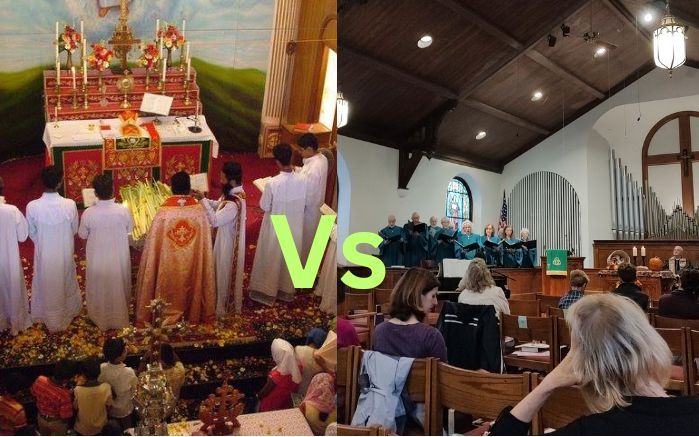
History: Orthodox vs Protestant
The history of Orthodox and Protestant Christianity is long and complex. Both branches of Christianity have their roots in the early Christian Church, but they developed in different ways over time.
| Orthodox Christianity | Protestant Christianity |
|---|---|
| Orthodox Christianity has its roots in the Eastern Orthodox Church, which was founded in the Byzantine Empire in the 11th century. | Protestant Christianity has its roots in the Protestant Reformation, which began in the 16th century in Europe. |
| Orthodox Christianity is characterized by its emphasis on tradition, liturgy, and the authority of the Church. | Protestant Christianity is characterized by its emphasis on individual interpretation of the Bible, the priesthood of all believers, and the importance of faith over works. |
| Orthodox Christianity is practiced by millions of people around the world, with the largest concentrations of Orthodox Christians found in Russia, Greece, and Eastern Europe. | Protestant Christianity is practiced by millions of people around the world, with the largest concentrations of Protestants found in the United States, the United Kingdom, and Germany. |
Beliefs: Orthodox vs Protestant
Orthodox and Protestant Christianity have some significant differences in their beliefs. Here are some of the key beliefs of each branch of Christianity:
Orthodox Christianity
- Orthodox Christians believe in the Holy Trinity, which consists of God the Father, God the Son (Jesus Christ), and God the Holy Spirit.
- Orthodox Christians believe that salvation is a lifelong process that involves repentance, faith, and good works.
- Orthodox Christians believe in the importance of the sacraments, which are seen as a means of grace.
- Orthodox Christians believe in the importance of tradition and the authority of the Church.
- Orthodox Christians believe in the importance of icons and other religious art as aids to worship.
Protestant Christianity
- Protestant Christians believe in the Holy Trinity, which consists of God the Father, God the Son (Jesus Christ), and God the Holy Spirit.
- Protestant Christians believe that salvation is achieved through faith alone, and not through good works.
- Protestant Christians believe in the importance of the Bible as the sole authority for faith and practice.
- Protestant Christians believe in the importance of individual interpretation of the Bible.
- Protestant Christians believe in the importance of the priesthood of all believers.
Leadership: Orthodox vs Protestant
Orthodox and Protestant Christianity have different leadership structures. Here are some of the key differences:
Orthodox Christianity
- Orthodox Christianity is led by bishops, who are seen as the successors of the apostles.
- The highest-ranking bishop in Orthodox Christianity is the Patriarch, who is the bishop of a major city such as Constantinople, Moscow, or Alexandria.
- The Patriarch is seen as the spiritual leader of all Orthodox Christians.
- The Patriarch is elected by a council of bishops, who are themselves elected by other bishops.
- The Patriarch has the power to excommunicate members of the Church.
Protestant Christianity
- Protestant Christianity does not have a centralized leadership structure.
- Each Protestant denomination has its own leadership structure, which may include bishops, pastors, elders, or other leaders.
- Some Protestant denominations are led by a council of elders, while others are led by a single pastor.
- Protestant leaders are often elected by the members of the congregation.
- Protestant leaders do not have the power to excommunicate members of the Church.
Holy Scriptures: Orthodox vs Protestant
Orthodox and Protestant Christianity have different interpretations and uses of the Holy Scriptures. Here are some of the key differences:
| Orthodox Christianity | Protestant Christianity |
|---|---|
| Orthodox Christians use the Septuagint, a Greek translation of the Old Testament, as their primary text. | Protestant Christians use the Masoretic Text, a Hebrew text of the Old Testament, as their primary text. |
| Orthodox Christians believe in the importance of the Church Fathers, who are seen as authoritative interpreters of the Holy Scriptures. | Protestant Christians believe in the importance of individual interpretation of the Holy Scriptures. |
| Orthodox Christians believe that the Holy Scriptures should be interpreted in the context of the Church’s tradition. | Protestant Christians believe that the Holy Scriptures should be interpreted in the context of the individual’s relationship with God. |
| Orthodox Christians believe that the Holy Scriptures should be read in the original languages whenever possible. | Protestant Christians believe that the Holy Scriptures should be translated into the vernacular so that they can be understood by everyone. |
Sacraments: Orthodox vs Protestant
Orthodox and Protestant Christianity have different views on the use of sacraments. Here are some of the key differences:
Orthodox Christianity
- Orthodox Christianity recognizes seven sacraments: baptism, chrismation, Eucharist, confession, anointing of the sick, marriage, and ordination.
- Orthodox Christians believe that the sacraments are a means of grace and that they are necessary for salvation.
- Orthodox Christians believe that the sacraments should be administered by a priest or bishop.
- Orthodox Christians believe that the sacraments are a mystery and that they cannot be fully understood by human reason.
Protestant Christianity
- Protestant Christianity recognizes two sacraments: baptism and the Lord’s Supper (also known as communion).
- Protestant Christians believe that sacraments are symbolic acts that represent spiritual truths.
- Protestant Christians believe that the sacraments are not necessary for salvation, but are important as acts of obedience and worship.
- Protestant Christians believe that the sacraments can be administered by anyone, not just a priest or bishop.
Sure, here are some of the similarities between Orthodox and Protestant Christianity:
Similarities Between Orthodox and Protestant
The Holy Trinity
Both Orthodox and Protestant Christianity believe in the Holy Trinity, which consists of God the Father, God the Son (Jesus Christ), and God the Holy Spirit.
The Importance of Jesus Christ
Both Orthodox and Protestant Christianity believe in the importance of Jesus Christ as the Son of God and the savior of humanity.
The Importance of the Bible
Both Orthodox and Protestant Christianity believe in the importance of the Bible as a source of spiritual guidance and inspiration.
The Importance of Prayer
Both Orthodox and Protestant Christianity believe in the importance of prayer as a means of communicating with God.
The Importance of Community
Both Orthodox and Protestant Christianity believe in the importance of community and fellowship with other believers.
The Importance of Good Works
Both Orthodox and Protestant Christianity believe in the importance of good works as a means of expressing one’s faith and serving others.
The Importance of Salvation
Both Orthodox and Protestant Christianity believe in the importance of salvation and the need for repentance and faith in Jesus Christ.
While there are some significant differences between Orthodox and Protestant Christianity, it is important to remember that they share many similarities as well. Understanding these similarities can help to promote greater understanding and respect between the two branches of Christianity.
Conclusion
Orthodox and Protestant Christianity are two of the most prominent branches of Christianity in the world. While they share some similarities, they also have some significant differences in their beliefs, worship practices, leadership structures, interpretation and use of the Holy Scriptures, and use of sacraments.
Understanding these differences is essential for anyone who wants to gain a deeper understanding of Christianity and its various branches. Whether you are a Christian or not, learning about the differences between Orthodox and Protestant Christianity can help you to better understand the history and development of Christianity, as well as the beliefs and practices of millions of people around the world.
We hope that this article has been informative and helpful in your quest for knowledge about Christianity. If you have any questions or comments, please feel free to reach out to us.

Sangtea Hmar is a passionate leader of the Youth Christian Fellowship at the Electric Vengthlang Presbyterian Church in Aizawl, Mizoram, India. He is the owner of Christiantone.com and is committed to spreading the word of God. He loves to mentor youth and help them grow in their faith.



